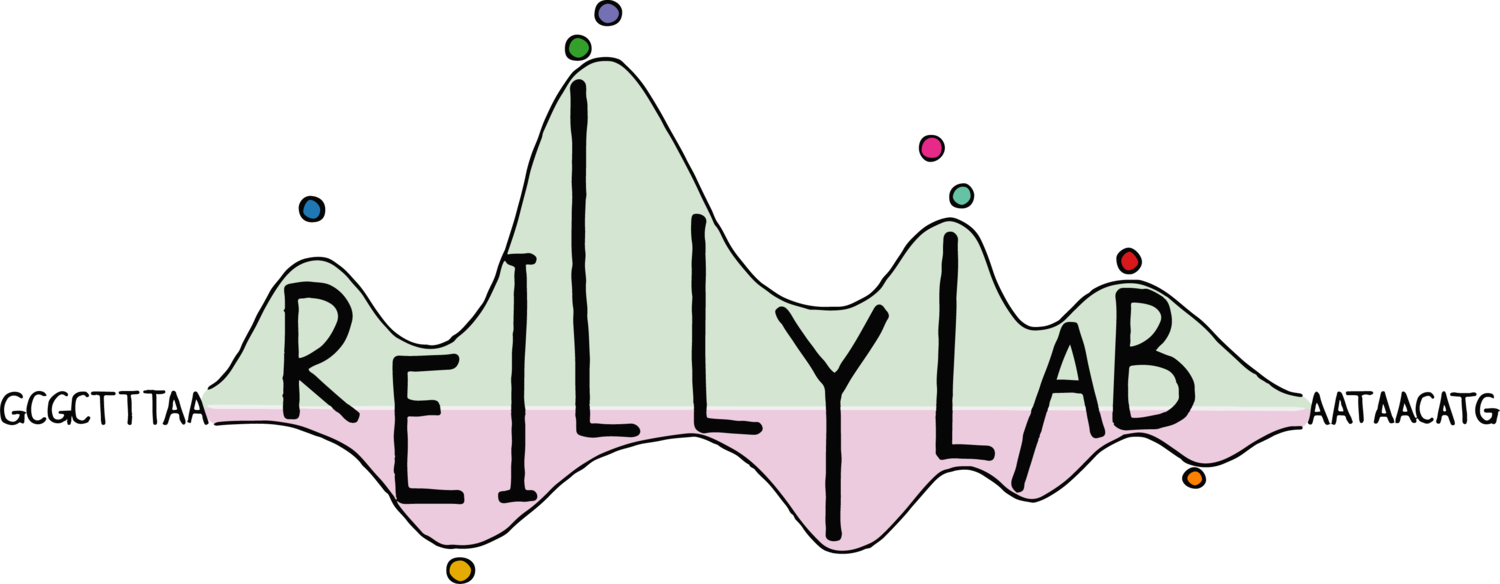
Inclusivity & Outreach
Lab Values
The best science and happiest scientists only happen when folks are able to bring their whole selves into the lab. Our roles as scientists, academics, and explorers of the human genome also come with great privileges and responsibilities. My lab strives to always be working towards justice and equity in the systems we’re a part of. Collaborative support, honesty, and making a positive societal impact, form the core expectations of what it means to be a Reilly lab member. I hope to foster a lab culture that prizes impactful research into the human genome, as well as reflects these values, gives back to society for enabling our science, and seeks to drive real improvements in STEM fields.
Lab Inclusion
Every year our lab will come together to update to a living document outlining the expectations and goals we collectively have for ourselves as a team surrounding diversity, equity, and inclusion. Systematic change starts local and takes time. A yearly focus on reaffirming these goals this will allow us to take in new data, ensuring our plans are addressing timely issues and using the strengths of our team. We’ll share that document here.
Outreach
Steve sits on the NHGRI’s Research Training Expert Panel, working to improve training for genomic trainees.
Steve is the Junior Faculty representative to the Genomics Diversity Advisory Council (G-DAC)
Maggie and Thanh Thanh are part of Women in Science at Yale (WISAY)
A team of Reilly lab members lead by Maggie has partnered with Yale Pathways to Science to introduce middle-school students in the New Haven community to genetics and careers in the biological sciences.
We’re always looking for new ways to partner as a lab on issues on inclusivity in STEM!
The lab, with the help of many across the university, puts on a year seminar series aiming to increase our understanding of how genomics impacts society. We’ve taken legal, ethical, historical, research, and journalistic lenses to address this topic.
See past year’s speakers here.
